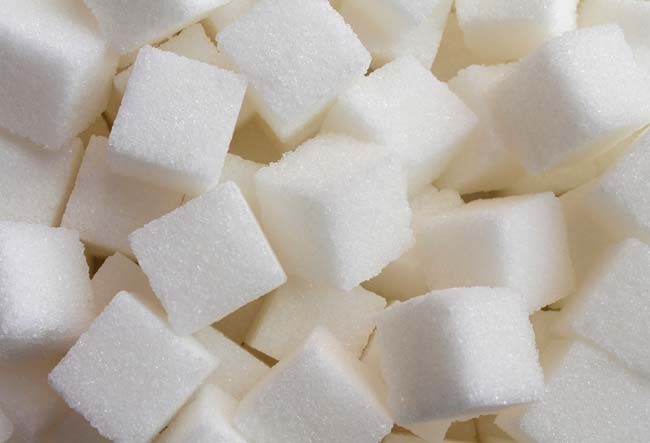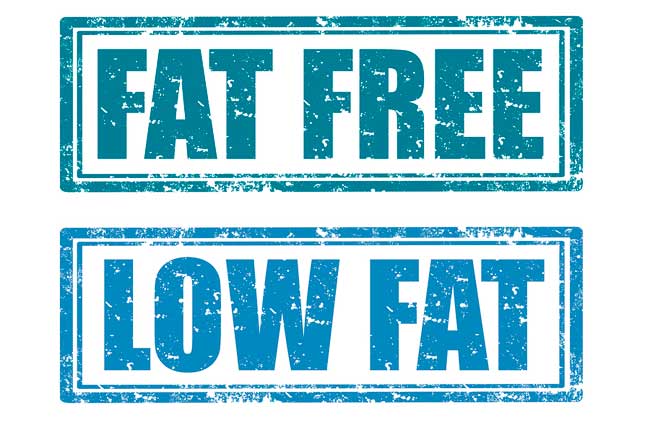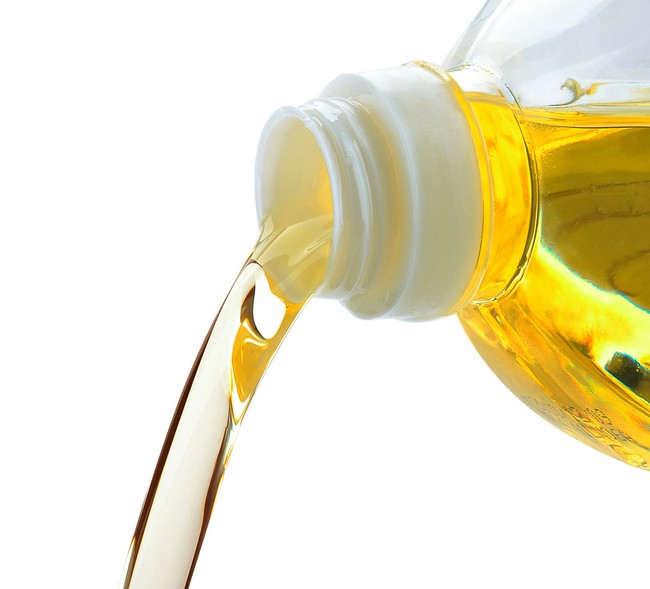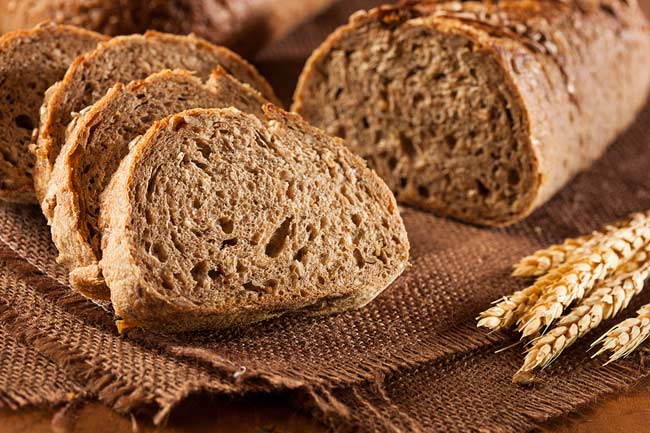- Make It Yourself Lavender Heart-Shaped Bath Bombs!
- 20 Things You Never Knew About “Down There”
- 12 Best Foods For Those Suffering From Arthritis Pain
- 12 Personal Hygiene Mistakes Almost Everyone Makes (Mom Never Told You About #4!)
- 15 Medicinal Plants And Herbs From The Cherokee People
- 12 Mind-Blowing Benefits Of Drinking Coconut Water During Pregnancy
- 12 Outstanding Winter Foods That Won’t Fatten You Up Like A Christmas Turkey
8 Worst Mistakes of the Modern Day Diet

Photo credit: bigstock
How can America, the richest, most educated people on earth, have such severe health problems? It’s today’s modern diet. Even just 30 years ago, many foods were still grown locally, and sold (or served) fresh. As you probably already know, most foods today are highly processed, filled with chemical and coloring additives, sugar, salt, and processed oils.
Since we began eating in this manner, obesity rates have gone through the roof, as well as cancer, Alzheimer’s, diabetes, heart disease, and depressions. Why is it almost no one sees the correlation?
Our “modern” diet is behind most of the world’s ills. Wherever the American diet goes, obesity, heart disease, stroke, and obesity soon follow. This is a terrible, yet, reversible, tragedy. By removing these 8 food “mistakes” from your diet, you can avoid most of the health problems that are caused by our exceedingly poor diet.
1. Processed Foods
We eat processed foods in massive quantities like never before. Almost 25 per cent of the family’s grocery budget is spent on processed foods and sweets. This is double what we used to spend just in 1982! Some of this is due to pricing. Most processed foods that contain flour, and/or sugar have actually decreased in price compared to fresh fruits and vegetables. Cheaper prices encourage consumers to buy more of these items to stretch their food dollar.
However, the results are obvious. Diabetes and obesity are rampant, along with many other serious and chronic health problems. How can you avoid this? Avoid processed foods whenever possible. These are usually located in the center isles of your supermarket.

Photo credit: bigstock
2. Sugar
The over consumption of sugar, especially over processed sugars such as high fructose corn syrup, is one of the worst culprits. The amount of refined sugars that the average American consumes yearly is staggering; almost 25 percent of daily calories come from sugar.
This level of sugar intake has severe health consequences. A recent study published in the journal JAMA Internal Medicine shows that persons who consume more than 20 percent of their daily calories from sugar are twice as likely to die from some type of heart disease.
The most common sources of sugar are sodas, fruit flavored drinks, candy, dairy desserts, (such as ice cream), and grain based deserts (such as cookies).
Take control of your health and eliminate as much sugar from your diet as you possibly can. Read all food labels to look for hidden sources of sugar, as it often hides in ordinary foods where you wouldn’t think sugar was needed such as tomato sauce and peanut butter.
3. Avoiding Eggs
Eggs have gotten a bad rap over the past 50 years. Yes, they do naturally contain cholesterol but they are one of the best sources of protein you can eat. Although eggs have been accused of causing higher cholesterol levels in your body, this simply isn’t true. Dietary cholesterol has very little to do with the actual cholesterol in your blood. Numerous studies have shown that eating eggs does not raise the LDL (bad) cholesterol in your body.
Now the source of your eggs does matter, however. Eggs from free range chickens naturally have more nutrients than cage raised birds. With up to seven times more beta carotene, three times the vitamin E, and almost double the vitamin A, you can see the free range eggs are well worth looking for.
You can tell free range eggs from the color of the yolks. Chickens that walk about and have a more natural diet have eggs with a bright orange yolk. Eggs from penned up chickens are a dull, pale yellow color.

Photo credit: bigstock
4. Processed Vegetable Oil
Abandoning traditional fats for the modern, overly processed vegetable oil has led to numerous health problems for Americans.
Fats are important to your body as they enable them to absorb vitamins as well as allow youngsters to grow and develop properly. Unfortunately, healthy fats, which include animal fats and coconut oil, are listed as saturated fats.
Saturated fats have also been getting a bad rap from the press for many years as heart attack material, while pronouncing that hydrogenated vegetable oils and margarine as healthy alternatives. This is completely backwards.
The hydrogenation process is what makes these vegetable oils extremely unhealthy as it makes trans- fats. So consider changing from corn or soy bean oil to lard and butter from grass fed cows.

Photo credit: bigstock
5. Low Fat Eating
Once Americans received their first dietary guidelines back in 1977, you can almost see the starting line for the current obesity epidemic. The message that “fat makes you fat” has caused more harm to Americans than any other dietary recommendation.
This anti-fat missive blamed saturated fats and cholesterol for health problems, not sugar and refined carbohydrates. Since 1977 there have been numerous studies done that show that low fat diets do nothing to prevent obesity, cancer, stroke, or heart disease.
Don’t be fooled. Healthy, natural fats such as butter, cheese, and avocados will not give you heart disease, and in fact, will turn your metabolism from a fat storing mechanism into a fat burning machine.

Photo credit: bigstock
6. Over Consumption of Vegetable Oils
Americans over consumption of processed vegetable oils has left us with a dire situation when it comes to our fatty acid composition. Processed oils are loaded with unhealthy omega 6 fatty acids and too little of the healthy omega 3 fatty acids.
This sets you up for the very sort of health problems you want to avoid, including heart disease, cancer, diabetes, depression, and Alzheimer’s.
Correct your fatty acid balance by avoiding processed foods, vegetable oils, and foods fried in vegetable oils. You can also increase your heart healthy omega 3 fatty acids by eating more animal based fats, such as krill oil.
Find out 6 reasons why to choose krill oil.

Photo credit: bigstock
7. Wheat Products
Many people erroneously believe that wheat products are healthy. This was true at one time, however, the modern wheat plants grown today are not the same as the ones your grandparents grew and consumed.
Modern dwarf wheat contains up to 28 percent less of the important minerals such as iron, zinc, and magnesium, than the wheat that used to be grown in America.
Wheat lectin is the main culprit in its woes. Lectin stimulates inflammatory responses from your immune system. It also can inhibit the growth of nerves and causes many gastrointestinal functions.
Try a gluten free diet for 30 days, then slowly reintroduce grains into your diet and see how you feel. Up to 98 percent of people who go gluten free say that they felt much better without it in their diets.
See also 10 secret signs you might be gluten intolerant.

Photo credit: bigstock
8. Hydrogenated Soybean Oil
This oil gets a special mention all on its own. Almost all soy now comes from GMO plants. Even if you consume what is called organic soy, it’s still hydrogenated. Hydrogenated oils contain trans- fats.
So when you combine the two, GMO food source with hydrogenation, makes a completely unnatural source of fat that can create chaos and dysfunction within your body, right down to the cellular level.
Hydrogenated soybean oil has been linked to numerous health problems including (but certainly not limited to) cancer, diabetes, reproductive issues, and lowered immune function.
Read also about cancer causing foods substitutes.
Many people consume much more soybean oil than they are aware of. Most of it is hidden in processed foods, which contain this oil because it’s super cheap. The best way to avoid this is to avoid processed foods in general, and never buy soybean oil, not even the organic type.
































